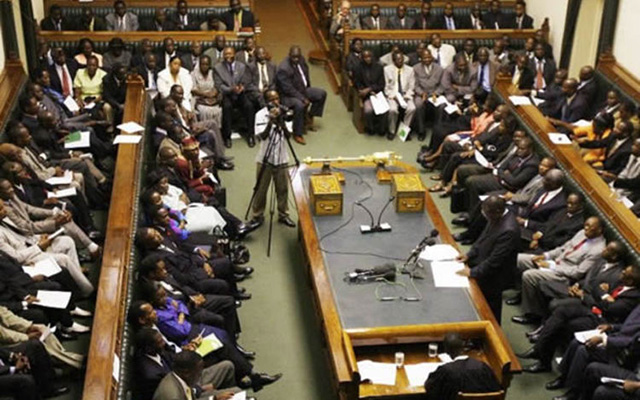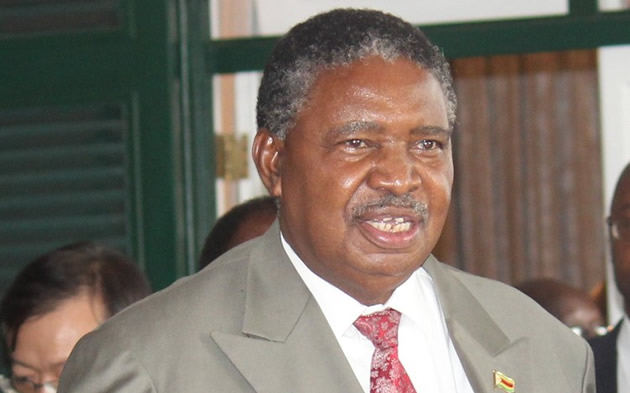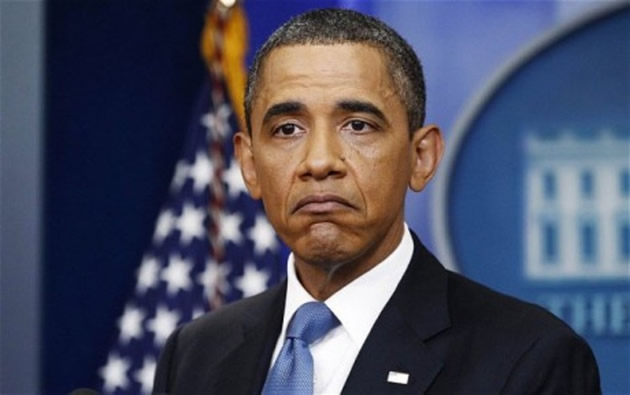Public hearings: Don’t put the cart before the horse

Lloyd Gumbo : Mr Speaker Sir
The recent public hearings on the Land Commission Bill should have been an eye-opener to Parliament about its sins of commission or omission as members of the public expressed their displeasure at what they regarded as utter disdain for them by authorities. If the contributions to the Bill by Zimbabweans in Mashonaland Central, Mashonaland East, Manicaland and Masvingo are anything to go-by then indeed the public have every right to be angry with Parliamentary authorities.Mr Speaker Sir, while the public hearings were meant to get people’s input on the purpose of the Bill, functions of the Land Commission, independence of the commission, dispute resolution, acquisition of land by the State and land sizes and ownership of land by foreigners, some of the contributions that came from the public were shocking.
For instance, one of the contributors said Government must do something about chemical inputs while another one said some villagers were afflicted by several diseases and others said Government must provide food aid.
Notably, contributions in Mutare where about 90 percent of everything that was said had nothing to do with the Bill was clear testimony of Parliament’s shortcomings when it comes to public hearings.
Mr Speaker Sir, it takes several days, weeks and sometimes months for some MPs to appreciate the provisions of a Bill.
And sometimes, they never understand it at all regardless of their reckless ignorance that they expose by talking too much or contributing to everything that’s before the House.
It is clear from some of those contributions that indeed some MPs would not have understood those Bills despite the fact that they would be in possession of the same for weeks or months.
But despite that obvious anomaly, it therefore defies logic why MPs would then expect members of the public including villagers, some of whom are primary school dropouts, to understand the contents of a Bill that is read to them in 10 minutes and then they are expected to immediately contribute to the same Bill indicating whether they like it or not.
If truth be told without fear or favour, one cannot expect members of the public to make meaningful contributions to a Bill that some of them are hearing of for the first time.
This is the reason some of the villagers who contributed to the Land Commission Bill did not mince their words while expressing their dissatisfaction at the manner in which the committee expected them to make meaningful contributions when they did not have sufficient time to study the Bill.
This is the reason the majority of the contributions were irrelevant to what was expected.
Mr Speaker Sir, it does not mean that the public is too ignorant to the extent that it cannot comprehend things, the reason is that its contributions were irrelevant because they were not given ample time to study and understand the Bill and the fault lies squarely with Parliament.
One cannot claim that villagers should have used other means to access the Bill before the Parliamentary committees went out.
It is important that Parliament puts mechanisms in place to ensure that members of the public are first made aware of the contents of Bills well in advance, before committees go out for public hearings if the legislature is sincere about wanting to involve members of the public to play a role in the law-making process.
Public hearings must not be carried out just as a routine or for cosmetic purposes but as sincerely as possible to ensure that members of the public are involved in law-making, which is the mark of contemporary democracy.
Mr Speaker Sir, Parliament’s reform agenda over the last 16 years has seen it opening up its doors to members of the public including the holding of public hearings in fulfilment of democratic tenets which entail that citizens must be consulted on legislative policies that have an effect on their livelihoods.
It is a fact that Parliament has been holding public hearings from around 2001 but have the public hearings justified the resources spent in getting the public’s views and opinions?
What would be the purpose of conducting public hearings when views and contributions by members of the public would not be embraced?
While resources have been a major constraint for Parliament to carry out its work, that cannot justify treating members of the public with disdain.
Parliament must share the little resources that it has towards outreach programmes to educate members of the public about the Bills that would require their input in the near future and towards the actual public hearings instead of just focusing on the latter.
Mr Speaker Sir, the legislature must engage its development partners to come up with mechanisms that will ensure outreach programmes are first conducted before the actual public hearings.
On the other hand, political parties and civil society must also come on board to conscientise people about the Bills.
Parliament must not put the cart before the horse if public hearings are to make sense.
Moreso, public hearings should generally be conducted in communities where they are relevant.
Therefore conducting of public hearings on the Land Commission Bill in Concession, Hwedza and Masvingo North were relevant because those are areas where there are farmers.
But it defies logic on why public hearings on the same Bill were held in Mutare city where the majority of residents have little or nothing to do with agricultural land?
Why were they not conducted in Makoni, Chimanimani or Nyanga where there are resettled farmers?
This is the reason some of the respondents in Mutare were talking about residential stands when the subject matter was agricultural land.










Comments